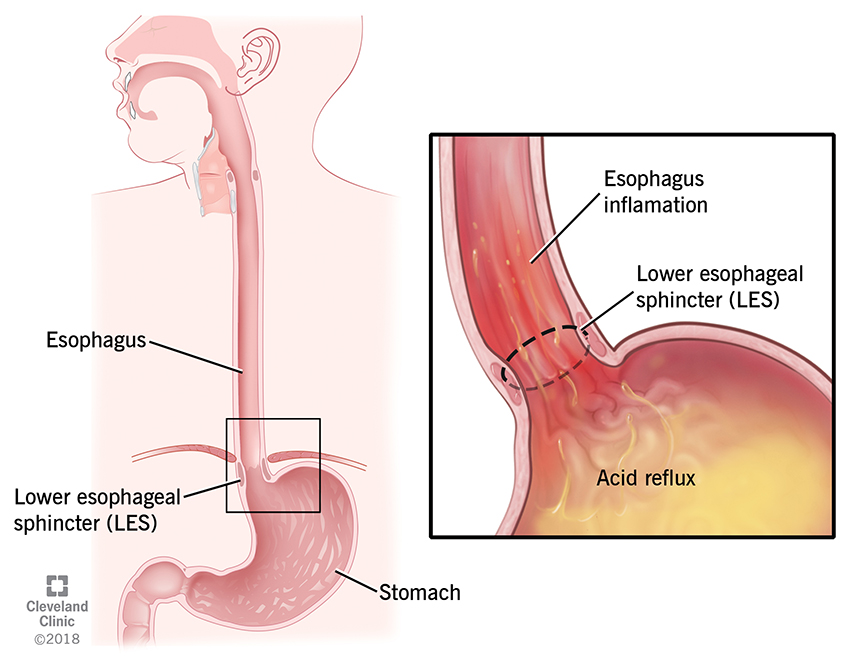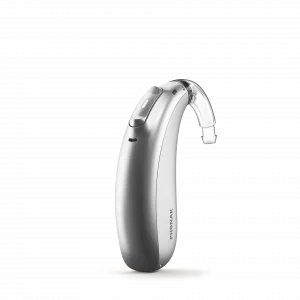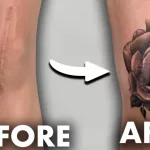Yeah, that scratchy throat feeling?
It starts small. A little tickle when you swallow. A weird sandpaper sensation when you talk. And suddenly, it’s all you notice. Like your whole body is screaming, “Hey — something’s not right.”
Been there a hundred times. Usually after a dry winter night, or when I’m stressed and forget to drink water all day. You chug glass after glass — but still feel like you’re breathing through a desert.
And honestly? Most of the time, it’s not serious. But that doesn’t mean it’s not annoying as heck. So let’s skip the robotic “10 causes of dry throat” checklist and just… talk. Like you and I are catching up over tea.
Because the truth is, a dry throat isn’t just about being thirsty. It can be allergies sneaking up on you. Or acid creeping up at night. Or you unknowingly breathing through your mouth like a snoring golden retriever.
So if you’re tired of guessing, let’s find out what’s really going on — and what you can do about it.
No Water?

Let’s start with the obvious: dehydration.
It sounds like a “duh,” right? But here’s the kicker — you might be drinking water and still dehydrated. Your body needs a balance. And things like coffee, sweat, medicine, or even dry air can steal that balance fast.
If your throat feels dry, your skin’s tight, or your pee is darker than tea, that’s your body waving a little flag: “We’re low on fluids in here!”
Now, how much water do you actually need?
You’ve probably heard the “8 glasses a day” myth. But according to research, men need about 15.5 cups of fluid daily — and women, around 11.5 cups. And no, that doesn’t mean chugging 11 glasses. It includes food — like juicy melons, cucumbers, soups, and even your morning coffee (though it’s not the best hydrator).
Still thirsty after all that? Could be more than just water intake. Your body might be losing liquid faster than it can replace it — from illness, medications, or even breathing hard during a workout. A study by the CDC explains how dehydration reduces saliva, leaving your throat feeling raw and sticky.
Allergies?
Here’s one I never saw coming: allergies.
Wait — allergies causing a dry throat? Yes. And can seasonal allergies cause dry mouth? Absolutely. It happened to me last spring. No sneezing. No itchy eyes. Just this constant dryness, like I’d licked a chalkboard.
Turns out, when pollen, dust, or pet dander hit your system, your body panics. It releases histamines — which cause inflammation — and boom: your nose gets clogged. So you start breathing through your mouth. All night. All day. And dry air? It zaps moisture from your throat faster than a dehumidifier in winter.
And here’s another sneaky one: dry cold air intake. If you’re outside in winter, exercising hard and breathing fast through your mouth? That frigid, dry air smacks your throat like a slap. Makes any existing irritation worse.
If your dry throat gets bad in spring or fall, check the pollen count. Try an antihistamine (like Zyrtec or Allegra) for a few days. If it helps? Yeah, it was allergies.
And speaking of breathing — let’s talk about something most people don’t even notice they’re doing.
Mouth Breathing?
Do you wake up with a throat so dry it feels glued shut?
Honestly, that used to be my thing. Every morning, a serious case of “cotton mouth,” and I had no idea why. Turns out, I was sleeping with my mouth wide open — like I was waiting for a pie.
When you breathe through your nose, the air gets warmed, filtered, and moisturized. But when you breathe through your mouth? It’s like running a fan over your throat all night. No wonder you wake up wrecked.
Causes? Could be a stuffy nose, chronic congestion, or even a deviated septum. But there’s one big warning sign: snoring or gasping at night. That could point to something more serious — like obstructive sleep apnea.
Sleep apnea means your breathing stops and starts during sleep. You might not wake up fully, but your body’s stressed. And one of the most common symptoms? A dry, sore throat every morning.
Now, what about removing tonsils for sleep apnea? Sometimes, especially in kids, it helps. For adults, it’s less common — doctors usually try CPAP machines or oral devices first.
If you’re tired all the time, snoring like a chainsaw, or your partner nudges you to stop choking in your sleep — get it checked. A simple sleep study could change everything.
Got a Bug?
Sometimes, a dry throat is your body’s first “uh-oh” that a cold or flu is coming.
You know that weird stage before the cough hits? When your voice feels a little rough, your throat’s itchy, and you just feel… off? That’s it. Your immune system’s on high alert.
The common cold, flu, and even COVID-19 can start with a dry, scratchy throat. According to a study in PubMed, mouth breathing from congestion actually changes the moisture levels in your throat — making infections take hold easier.
Strep throat? That one usually smacks you harder — red tonsils, white spots, high fever. But in the early hours? It might just feel dry.
And let’s not forget mono. Yes, “the kissing disease.” But it’s not just for teenagers. It can cause extreme fatigue, swollen glands, and a throat so raw you dread swallowing. It takes weeks to shake — so if you’re wiped out for no reason, think about it.
Acid Creep?

Now here’s the sneaky one: acid reflux.
You know heartburn. Burning in your chest after dinner. But acid doesn’t always stop there. Sometimes it keeps going — up into your throat. That’s called “laryngopharyngeal reflux” — or “silent reflux” because you might not feel the burn.
Instead, you feel: – A lump in your throat – Constant throat clearing – Hoarseness in the morning – And yes — a dry, irritated throat
And because this often happens at night, while you’re lying down, you wake up wondering, “Why does my throat feel like sandpaper?”
Try eating dinner earlier. Don’t lie down right after eating. Elevate your head a little with an extra pillow. And if that helps, try an over-the-counter PPI like omeprazole for a few days. If your throat feels better? Likely reflux.
Sweet Relief
So what can you do — right now — to feel better?
Here’s my go-to toolkit when my throat starts acting up:
- Sip water all day. Not three glasses at once. Little and often.
- Try warm drinks. Herbal tea with honey? Heavenly. Broth? Even better. They moisten and soothe.
- Humidify your room. Especially in winter. Dry heat from furnaces is brutal. Run a humidifier at night — even a simple one.
- Gargle salt water. Mix 1/2 teaspoon of salt in a cup of warm water. It’s gross-sounding, but it calms the throat fast.
- Suck on lozenges. Just avoid ones with menthol — they can dry things out more. Look for ones with slippery elm or honey.
- Nasal strips. Sounds weird, but if you’re a mouth breather, they can help keep your nose open while you sleep.
And yes — honey. A spoonful of raw, local honey has helped me more than I can count. It coats the throat, has natural antibacterial properties, and honestly? Feels like a little hug for your voice.
Medicine Talk
Sometimes, the problem isn’t you — it’s your medicine.
So many common drugs dry out your mouth and throat. Antihistamines. Blood pressure meds. Antidepressants. Decongestants. Even some diabetes medications.
If you started a new prescription and your dry throat followed? That could be the culprit.
Talk to your doctor. There might be a substitute. Or, worst case — at least now you know what to expect and can plan around it.
And while we’re on rare causes — proton therapy side effects head and neck? Yes, dry throat is a known issue during radiation treatment for cancers. It’s not common in everyday life — but if you or someone you love is going through treatment, it’s good to be aware.
When to Worry?

Okay, real talk: most dry throats are no big deal.
But some signs mean it’s time to see a doctor. Don’t tough it out if you’re dealing with:
- Dry throat lasting more than 2–3 weeks
- Difficulty swallowing or breathing
- Fever over 101°F (38.3°C)
- Unexplained weight loss
- Blood in your spit
- A lump in your neck
- Changes in your voice that don’t go away
These could point to infections, thyroid issues, or (rarely) throat cancer. But here’s the good news: catching it early makes all the difference. So if something feels off and won’t go away, go get it checked. It’s not “overreacting” — it’s being smart.
And hey, if you’re just tired of guessing — an ENT specialist or sleep doctor can run tests, take a look, and give you real answers.
| Cause | How It Feels | What Helps |
|---|---|---|
| Dehydration | Thirsty, dry lips, fatigue | More fluids, water-rich foods |
| Allergies | Itchy nose, stuffy head | Antihistamines, air purifier |
| Mouth breathing | Dry mouth in the morning | Nasal strips, humidifier |
| Acid reflux | Morning hoarseness, lump feeling | Elevate head, PPIs, no late meals |
| Infection | Fever, body aches, fatigue | Rest, fluids, OTC meds |
Final Thought
Your body sends signals for a reason.
A dry throat might seem small. Just a little annoyance. But it’s trying to tell you something. Maybe you need more water. Maybe your allergies are creeping up. Maybe you’re breathing wrong while you sleep.
And the best part? Most of it’s fixable.
So don’t just treat the symptom. Find the cause. Try a humidifier. Cut out late-night snacks. Breathe through your nose. Try a spoonful of honey.
And if it sticks around? Talk to someone. You’re not broken. You’re just human.
So here’s to fewer dry mornings, more soothing sips, and actually figuring stuff out — one scratchy throat at a time.
What about you? What works when your throat’s acting up? I’d love to hear what helps you — drop a comment and let’s keep this conversation going.

























Leave a Reply
You must be logged in to post a comment.